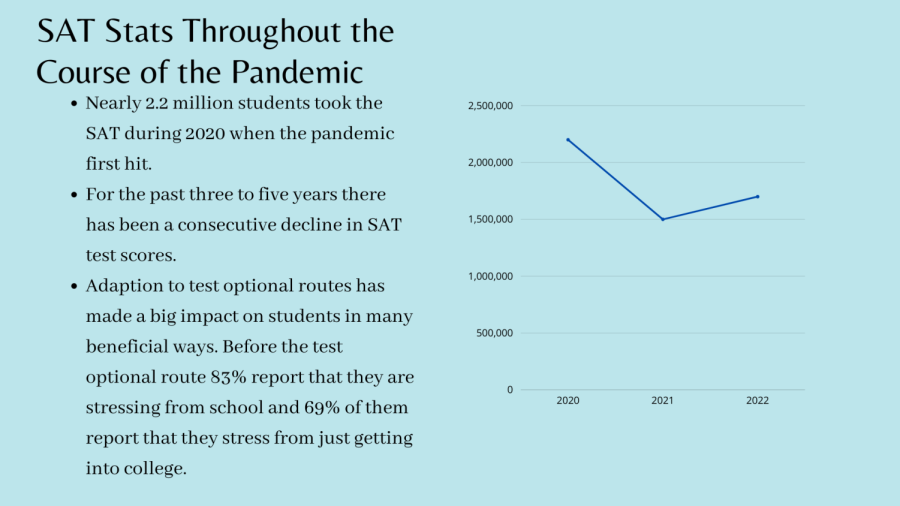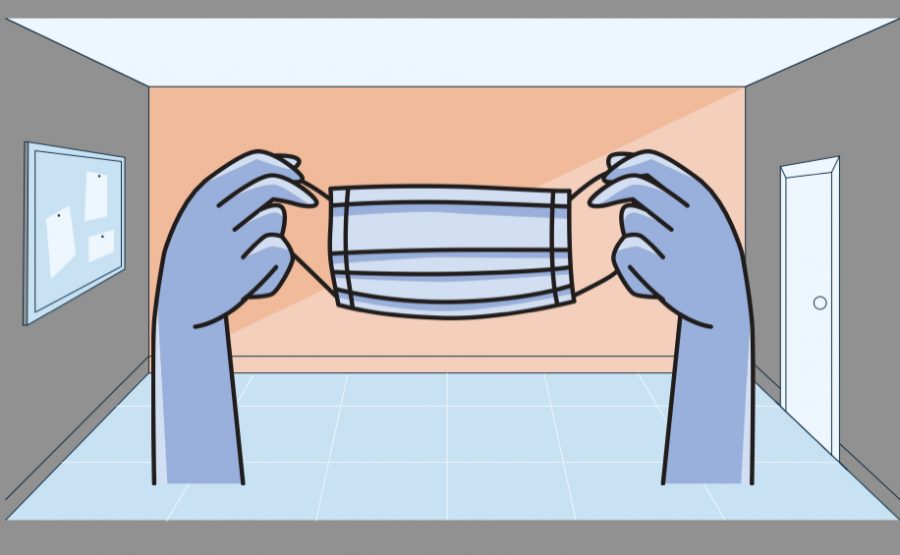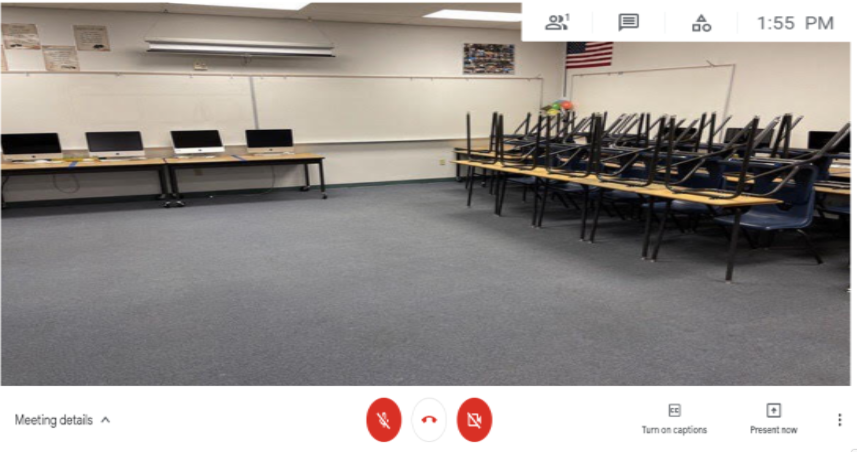The entertainment industry has been severely impacted by the need for social distancing, isolation and quarantine during the COVID-19 pandemic. With families stuck at home, many rely on movies and television to keep them entertained and perhaps to escape to a world free of their troubles. Many production companies released their movies early through streaming services to accommodate this need. However, TV shows have to be consistently filmed in order to keep up, so it’s impossible to continue to produce new episodes.
Hit shows such as “Grey’s Anatomy,” “Riverdale,” “The Morning Show,” “The Falcon and the Winter Soldier” and many more have all halted filming to prevent the further spread of the virus. Other shows that are filmed in front of a live audience such as “The Tonight Show with Jimmy Fallon,” “The Wendy Williams Show,” “The Ellen DeGeneres Show,” “So You Think You Can Dance” and others have also suspended filming, even after some attempts to film from home or with empty audiences.
Most shows have run out of pre-recorded episodes by now, and they are struggling to find new content to offer. The NBC hit show “Parks and Recreation” reunited for a 30-minute special on April 30 to raise money for Feeding America’s COVID-19 Response Fund. Their sponsors, StateFarm and Subaru, as well as the producers and the cast of the show, made generous donations through the special. It was filmed from the stars’ homes and may be a new trend to follow for broadcast networks attempting to fill programming voids.
Most other cable channels are forced to rely on reruns and old movies, while sports channels are struggling even more to provide nonstop content. Without new games to rely on after all major sports were canceled or postponed, channels such as ESPN and FOX Sports 1 are scrambling to fill the holes in their programs with highlights of old games. Their creativity is consistently tested further than most other channels.
The need for social distancing will go on for an indefinite amount of time, and although TV providers and advertisers seem to have booming success as opposed to other industries due to their at-home nature, the only solutions they have are temporary. It’s unclear what will happen to television if the quarantine remains intact for too long. Some TV shows may get canceled altogether, while others will keep waiting to restart production for a day that may take months to happen. Reruns might be not enough someday.
Streaming services independent from cable are also struggling. Netflix, Hulu, Amazon Prime Video and others all have production companies of their own that have canceled filming for their highly anticipated shows. Without the need to fill up time slots, they simply rely on what is already available on their service. Services like these gain large profits from their exclusive shows and movies that can no longer be made, so it’s likely that they will soon have to start adding more shows and movies from outside sources.











